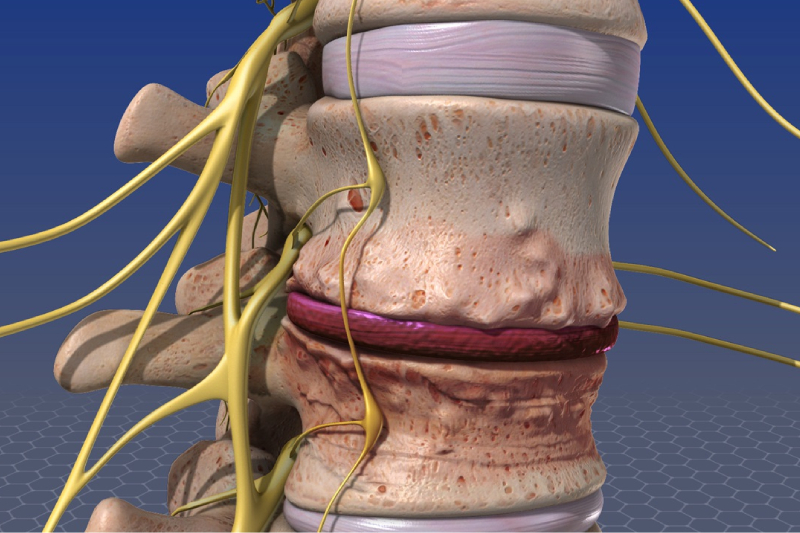Spinal Infections
- Home
- Spine Services
- Spinal Infections

Understanding Spinal Infections: Tuberculosis, Pyogenic, Fungal, and More
Introduction:
Welcome to our comprehensive guide on spinal infections. As a healthcare provider, my goal is to empower you with knowledge about spinal infections, including tuberculosis, pyogenic, fungal, and other types. Spinal infections are a complex medical condition that requires careful understanding and management. Let’s delve into this topic to shed light on the causes, symptoms, diagnosis, and treatment options.
Types of Spinal Infections:
Spinal infections can be caused by various microorganisms, each presenting unique challenges. Here are the most common types:
Tuberculosis (TB) of the Spine:
- Cause: Mycobacterium tuberculosis
- Symptoms: Back pain, stiffness, neurological deficits
- Diagnosis: Imaging, TB tests
- Treatment: Antibiotics, sometimes surgery
Pyogenic Spinal Infections:
- Cause: Bacterial (e.g., Staphylococcus aureus, E. coli, Pseudomonas, etc)
- Symptoms: Severe back pain, fever, neurological symptoms
- Diagnosis: Imaging, blood cultures
- Treatment: Antibiotics, occasionally surgery
Fungal Spinal Infections:
- Cause: Fungi (e.g., Candida, Aspergillus)
- Symptoms: Variable, can mimic other spinal conditions
- Diagnosis: Imaging, cultures
- Treatment: Antifungal medications, surgery in severe cases
Other Rare Spinal Infections:
- Viral, parasitic, or atypical infections
Risk Factors: Certain factors increase susceptibility to spinal infections, such as immunosuppression, diabetes, intravenous drug use, or recent spinal surgeries. Recognizing these risk factors can aid in early detection.
Symptoms:
Common symptoms of spinal infections include persistent back pain, fever, neurological deficits (numbness, weakness), and limited spine mobility. Timely recognition of these symptoms is crucial.
Diagnosis:
Accurate diagnosis involves clinical evaluation, imaging studies (X-rays, MRI, CT scans), blood tests, and a biopsy. Differentiating between the types of spinal infections is essential for effective treatment.
Treatment:
Treatment strategies vary depending on the type and severity of the infection. It may involve antibiotics, antifungal medications, or a combination of both. In some cases, surgical intervention may be necessary to remove infected tissue or stabilize the spine. Excellent a wealth of Spine Specialist in Swargate, Sinhagad Road & Parvati Pune , expertise and experience, Dr. Mandar Borde provides his patients with specialize care and best guidance to enhance their general health and quality of life.
Prevention:
Preventing spinal infections often revolves around good hygiene, maintaining overall health, and managing underlying conditions. If you are at risk, consult with your healthcare provider for preventive measures.
Conclusion:
Spinal infections, including tuberculosis, pyogenic, and fungal varieties, are complex conditions that require prompt diagnosis and appropriate treatment. If you or a loved one experiences persistent back pain or related symptoms, seeking medical attention is crucial. Together, we can navigate these challenges and work towards a healthier spine.
Remember, this information is intended for educational purposes. For personalized guidance and treatment, please consult a healthcare professional. Your well-being is our priority.
